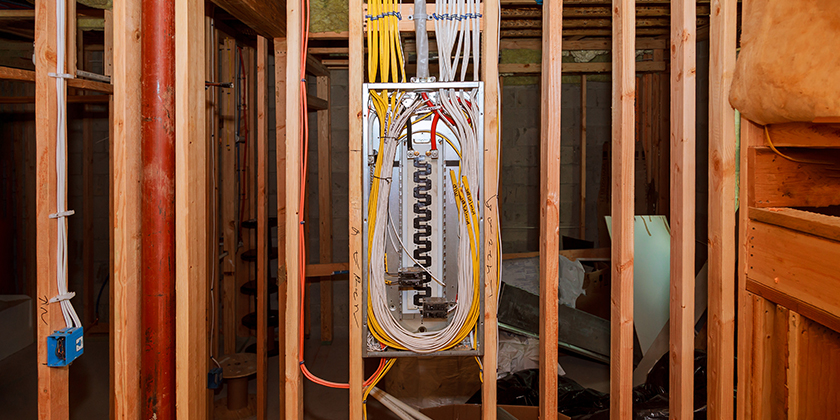Flexible Workplaces — It’s What They Want!

June 12, 2019
By Michelle Branigan
As organizations compete to attract top talent, more and more job applicants ask about the ability to work remotely, and/or flexible work hours. In a world where traffic and pollution are frequent discussions points, for many the thought of spending hours commuting to the office for a 9 to 5 shift is akin to death by a thousand cuts.
We also know that today’s workers have more choices — from where they want to live, to the type of work-life balance they seek to be happy in both a professional and personal capacity. For some, that may mean starting their workday at 7 am and finishing by 3 pm, while others may prefer to come in and stay late. Employers need to provide the best work environment they can if they are to attract and retain the brightest, most motivated employees.
We know that employees who are engaged perform better, which leads to higher levels of employee satisfaction and decreased turnover — all which ultimately increases productivity and impacts on the company’s bottom line.
By the Numbers
In a recent global study by the International Workplace Group, four out of five respondents reported that, when faced with similar job offers, they would turn down the one that did not offer flexible work arrangements.
86% of respondents said they would turn down a job that doesn’t offer flexible work arrangements, and 54% reported that the choice of preferred work location is more important than working for a prestigious company.
Back at home, 68% of Canadian businesses reported having a flexible work policy, while 79% of respondents cited flexible working as a method to specifically cut down on their commuting times. This makes sense as individuals look to balance child and elder care needs, and not have their working day extended by 2-4 hours in the car or public transit.
Creating the right environment
For some organizations, the changing work environment will dictate policy changes. As more and more companies allow employees to work remotely, it is critical that there is a remote workplace policy that clearly defines, for staff and management, the details of the agreement. This could include the criteria for approval to telecommute, the use of equipment and technology, required response times, as well as accountability and monitoring of the arrangement.
So while it may be great to be able to throw a load of laundry in the washing machine between phone calls, or mow the lawn, employees must also be aware of the employer’s expectations and how productivity will be measured when the individual is out of the office. Communication is key and employees should be aware that there is accountability — ultimately working remotely is a privilege, not a right.
For those who are working from home it is also important that the environment is actually conducive to productivity, with The Canadian Centre for Occupational Health and Safety stating that working from home should only occur when individuals have “a space or room where it is easy to concentrate — preferably separate from other living areas and away from the television, a level of security as required by the workplace… household members who will understand you are working and will not disturb you unnecessarily.”
Employer concerns
There are a number of reason why some employers are hesitant to open the door to remote working. They may be worried about the impact on company culture, and that employees will lose touch with each other, as well as what’s happening in the office. Other employees may abuse the system, while others have an ability to focus on work when not in the office.
However, balanced the right way the benefits can be immense: a mentally-healthy workforce that feels valued, that has more time to spend doing the things they love, and are more productive when working.
It’s also good for the environment, contributing to lower pollution from transit and decreasing your carbon footprint.
Look for employees that are internally driven with a strong work ethic — isn’t that what you want anyway? And to make sure that the next generation wants to work for your company, look at your own practices and ask your staff if they create the best working environment possible.
Sources
• The IWG Global Workplace Survey 2019, http://assets.regus.com/pdfs/iwg-workplace-survey/iwg-workplace-survey-2019.pdf
• Canadian Centre for Occupational Health and Safety, https://www.ccohs.ca/oshanswers/hsprograms/telework.html
Michelle Branigan is CEO, Electricity Human Resources Canada.



![Guide to the Canadian Electrical Code, Part 1[i], 26th Edition – A Road Map: Section 6](https://electricalindustry.ca/wp-content/uploads/2022/11/Guide-CE-Code-2-768x432.png)













